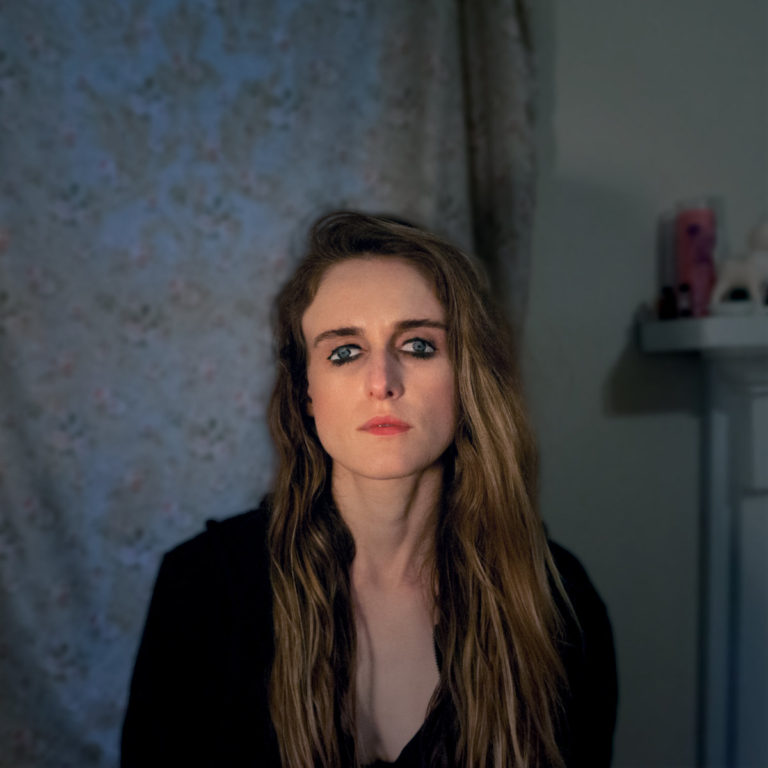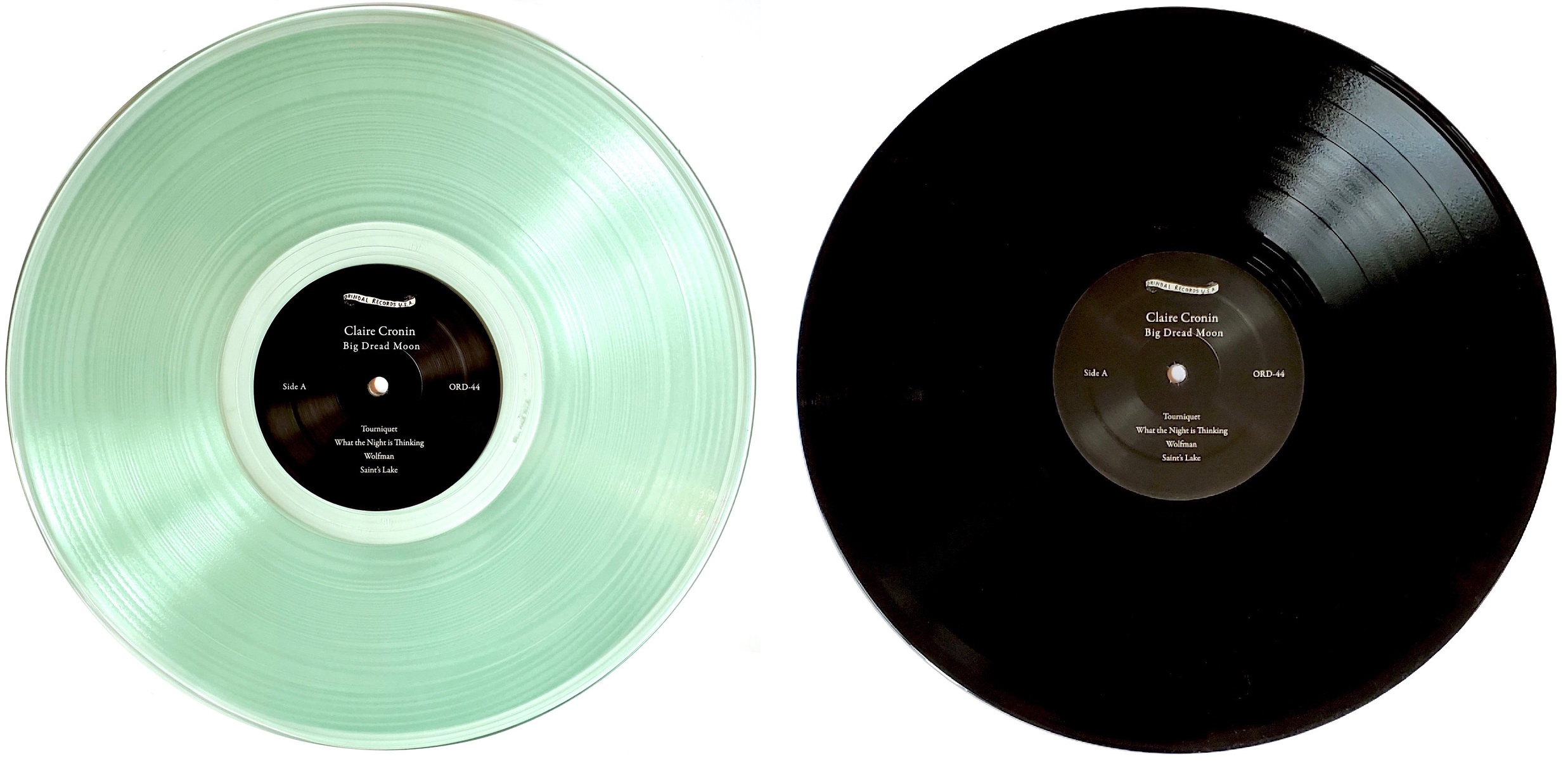Set against the apocalyptic backdrop of Cold War militarisation, Reagan’s America experienced a shift in its relationship with extraterrestrial mysteries. Strapped for cash and shaken by the Challenger disaster in 1986, NASA’s exploration of space was halted. Concurrently, reports of alien abductions began to rise, experiences markedly different from the utopian New Age encounters described in the 60s. Now aliens were menacing, malformed, medically-trained. They removed things from the body, inserted implants. They were mostly grey. The heavens were no longer a vast mystery to be charted, but a dark potentiality that might descend upon us at any time. “Abductees evoke a nostalgia for a future we seem to have abandoned,” writes scholar Jodi Dean of the phenomenon, “as the dark underside of official space, as a return of the repressed dimensions of astronaut heroics. They point to the shift from outerspace to cyberspace, and the widespread crisis of truth as we begin dealing with the virtual realities of the information age.”
Big Dread Moon, the latest album from Georgia-based songwriter and poet Claire Cronin and her first on Orindal Records, has nothing to do with aliens. Yet, as the title suggests, the record exists under the same shadow, a world darkened by something large and looming. The creatures that populate it might not be from outer space but they are certainly from another world—wolfmen and wailing birds, wraiths that drift through the night—and the setting too owes something to Dean’s idea of cyberspace. Cronin offers a contemporary moment superimposed with archaic folk sensibilities and Gothic symbolism, presenting a world in which horror and joy and spiritual meaning are just as likely to emerge from a screen as any other source.
Which is not to say Big Dread Moon hides behind irony and artifice. Rather, cyberspace is presented as one space of many, another plane of our hypermediated world through which gods and ghosts can move unhindered. Claire Cronin is also a scholar, and her interest in “death and spectrality in visual media” is telling in this regard, her writing positioning the horror genre not as some camp or schlocky thrill but rather an allegorical engagement with the human experience. “Was a blue room she sank into,” Cronin sings on ‘Six Guns’, echoing a piece she published with Bennington Review. “Was a spell black as thinking / And between the two came a passing mood / that could break the back of breathing.” Images blend with reality on Big Dread Moon, replace reality, represent reality in ways that ‘real’ life cannot manage. As ‘Six Guns’ continues:
“What the eyes see on TV screens decays
I have lost all my images this way
I have known what would come before it came
Lost names: I am opened in this”
Big Dread Moon should be viewed not as the musical tentacle of Cronin’s many-limbed talents but rather the product of the whole beast, the musician and scholar and poet working as one. Crafted around electric guitar, Ezra Buchla’s viola and sparse synths from Shahzad Ismaily, the songs are elegant in their simplicity and elemental in intensity. Opener ‘Tourniquet’ sets the tone with its fragile beauty and worming dread, sounding at once haunting and haunted as the instrumentation swirls miasma-like around the plain-spoken vocals. “By the time I left, I was vacant,” Cronin sings, “a haunted house with no basement. / If you hate the night, then replace it / with visions of light underground / Dissolvable, impossible, transparent.”
[bandcamp width=100% height=120 album=866011049 size=large bgcol=ffffff linkcol=0687f5 tracklist=false artwork=small track=3010526117]
Something between a poem and dark hymn, ‘What the Night is Thinking’ feels intensely personal yet somehow larger too, witness to forces that touch us in profound ways yet transcend any individual. Just as Jodi Dean describes of alien abductions, the wonder of experiencing such otherworldly phenomena is balanced by a dark uncertainty, as though violent judgement lurks within the high ambiguity of the strange and the sublime. “Who knows what the night is thinking?” Cronin asks, every inch of the mystery present in her tone.
Such a force is personified (or lycanthropified) in ‘Wolfman’. “I was in the black woods, not the bitter land,” Cronin begins, “with my gut-string murmur and my oil lamp / He appeared—come shining— / like a blue shock of rain.” Advancing with an off-kilter creep, the track is stalked by this awful, awesome thing, its possibilities hovering over every moment. “I was bored with silence and emergency,” sings Cronin, putting this sensation into words. “And the wolf was reckless and he followed me.”
[bandcamp width=100% height=120 album=866011049 size=large bgcol=ffffff linkcol=0687f5 tracklist=false artwork=small track=3493625463]
The song is a stark example of the horror-inspired world Cronin has built, where oil lamps and TV screens co-exist without any sense of anachronism. An old and mysterious age bleeds into our own, as though overlaid and gradually merging. More strikingly, it is a world we recognise, if not on a conscious level then somehow deeper, like something we’ve been waiting for, the dread of a forgotten past returning. If, as Jodi Dean argues, alien abductions are a manifestation of disfigured dreams not realised, then perhaps ghost stories are uncanny versions of the past, both phenomena merely apparitions of alternate times as they leak into the present.
There is loss of autonomy in being rendered such a witness, perturbed by the untimely appearance of the past and future. ‘Saint’s Lake’ suggests a turn to prayer and gesture, as though metaphysical forces might be appeased a certain string of words or actions. Though Cronin’s God, as described in closing track ‘The Lamb’, is “calm and decisionless.” He is not absent. He is not powerless. But He is satisfied with the arcane way of things, and will not see His creation tamed by simple ceremony. The truth will not give itself up so easily, and thus the search for it must itself become esoteric.
Researching the alien abduction phenomenon, eminent psychiatrist John E. Mack posits that abductees display a kind of ontological shock—”the realisation that one’s conception of reality does not hold.” Dean equates this to the alienation of an existence within the consensus reality of late capitalism, the abductions born not of personal trauma but of that emerging in the world, cultural-level tensions made manifest. Which is to say, far from being delusional departures from actuality, such phenomena might represent an overabundance of it, truths condensed into strange shapes. The paranormal poses “profound questions about how we experience the world around us,” Mack writes, “and how as a society we decide what is real.” On Big Dread Moon, Claire Cronin looks to immerse herself in such questions, leaning outside of the totality of Western thought, as though only in abandoning reality can we truly map its contours.
Big Dread Moon is out now via Orindal Records and you can buy it from Bandcamp.
Photos by Claire Cronin and Stephanie Sutton




